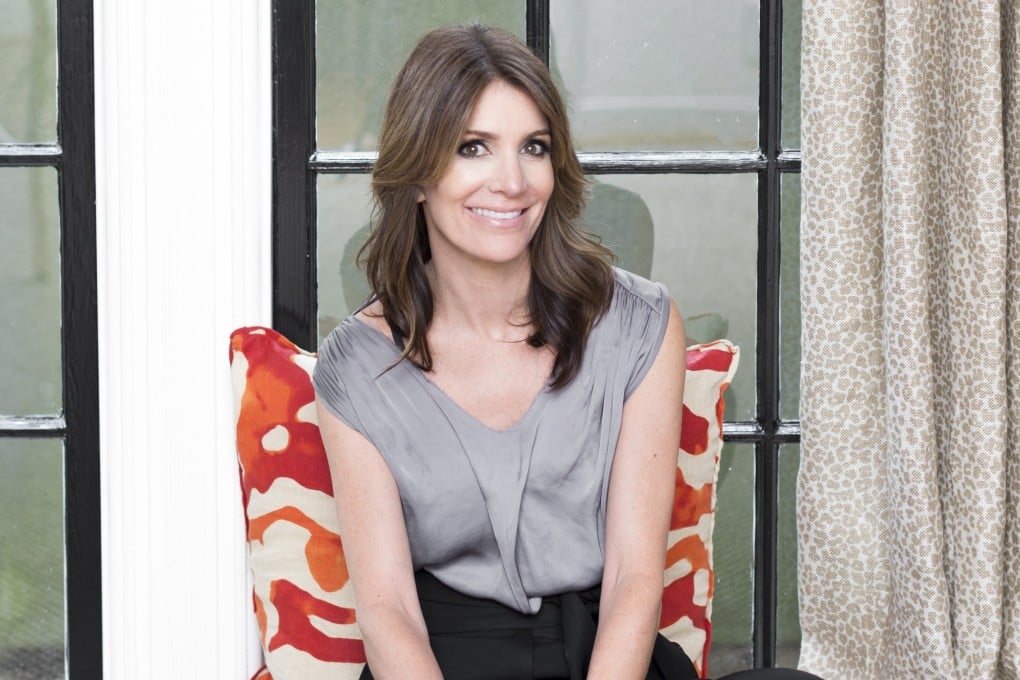Advertisement
Exclusive | Drunk Elephant founder on acquisition by Shiseido, future plans and why she doesn’t look at competitors
- Drunk Elephant founder Tiffany Masterson says the US$845 million sale to Shiseido will help the skincare brand launch new categories, possibly in new markets
- The mother of four says she views herself as an ‘outsider’ in the industry and gets inspiration from the fashion, health and wellness worlds
4-MIN READ4-MIN

If you haven’t heard much about Drunk Elephant, chances are that’s going to change.
The cult beauty brand just launched in Hong Kong at Sephora and through Tmall in China to much fanfare, but the real news came last week when founder Tiffany Masterson sold the business to Japanese cosmetics company Shiseido for US$845 million (Tmall is a unit of Alibaba Group, owners of the South China Morning Post.)
It is estimated that Masterson will earn around US$120 million when the deal closes at the end of the year.
Advertisement
“We’re being very careful and thoughtful about not going into a million stores or having the business run by a third party,” says Masterson via phone from Houston, Texas, where she is currently based.
“Every time we enter a new market we want to do it well. One of the reasons I wanted to partner with Shiseido, or even be acquired, is because there are so many regions that have been asking for the brand. A big company like Shiseido has been there and done that.
Advertisement
Advertisement
Select Voice
Select Speed
1.00x